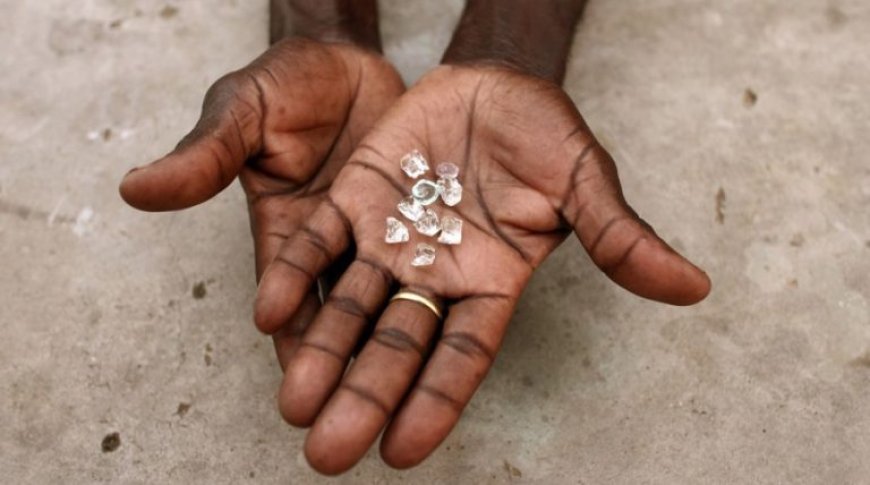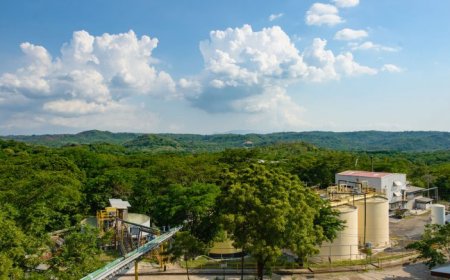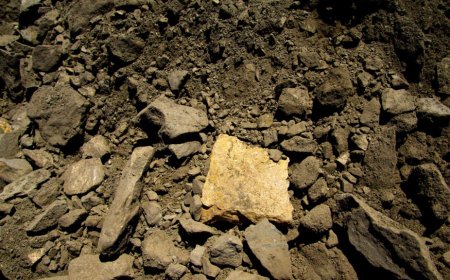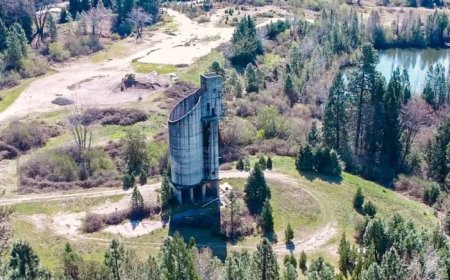Zimbabwe debt woes grow as state mining firm faces asset seizure
A state-owned Zimbabwean mining firm is trying to protect assets that risk being seized because the country failed to honor a debt incurred when it lost an international arbitration case over canceled nickel and platinum ventures.


The Zimbabwe Mining Development Corp. has asked the Mines Ministry for a resolution to a longstanding dispute with a unit of Amaplat Mauritius Ltd. that is laying claim to the assets, a letter written by the company’s chairman Paul Chimboza to Mines Minister Winston Chitando shows.
Chimboza confirmed the veracity of the letter, which has been seen by Bloomberg, but declined to comment further, referring queries to the ministry.
The $93 million owed by ZMDC is among a litany of creditor woes confronting state entities in Zimbabwe. The government is more than $21 billion in debt and locked out of international capital markets after defaulting on payments owed to institutions including the World Bank and European Investment Bank.
“The corporation has on many occasions requested that the Amari debt be assumed by the state,” Chimboza wrote in reference to ZMDC’s standoff with the Amaplat unit. ZMDC, which the Treasury indicated should address the matter using internal resources, has few assets of its own as they have mostly been transferred to a new state company known as Defold Mine Ltd.
Zimbabwe’s case against Amaplat was heard by the International Chamber of Commerce’s arbitration court in a sitting in Zambia in 2014, and the tribunal ruled in the company’s favor. Zambia’s High Court granted Amaplat leave to enforce the arbitration ruling in 2019.
Two years later, the company made a proposal to the country’s finance ministry for the settlement of the debt, which amounted to $65.9 million at the time. That was acceded to with the understanding that ZMDC would make the payments.
ZMDC suggested that Bravura, a company owned by Nigerian businessman Benedict Peters, pay Amaplat $15 million as part of the agreement. Bravura, which received platinum concessions, however only paid $3 million to the mines ministry, Chimboza said, and the remaining terms of the settlement, including the transfer of mining assets to Amaplat, haven’t been met.
Bravura officials weren’t available for comment, said a person who answered their phone at offices in Zimbabwe’s capital, Harare.
“It is not for Amari and Amaplat to determine how the government of Zimbabwe sources funds for payment for its public debt,” Amaplat said in a response to queries. “As the ICC award is against a Zimbabwe government parastatal and the commissioner of a government ministry, the ZMDC and the Chief Mining Commissioner of the Ministry Mines, the public debt remains the responsibility of the government of Zimbabwe for the full amount.”
Secretary for Mines Pfungwa Kunaka said he was traveling and didn’t respond to questions on how the dispute would be handled.
More legal trouble may lie ahead for Zimbabwe as Amaplats plans to register its award in Canada, after doing the same in the US at the end of last year. A hearing in Canada is set for June 30, Chimboza said in the letter.
Zimbabwean diamonds, due to be sold in Brussels, were temporarily seized in relation to the dispute in 2014.
The continuous engagement of external lawyers is costly with more than $500,000 spent by ZMDC and the ministry in engaging legal representation, Chimboza said.




















